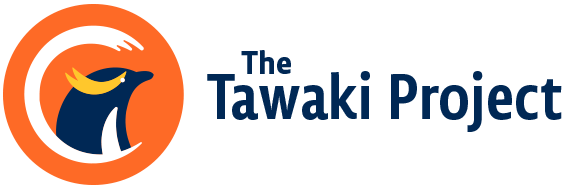
Born in Duesseldorf, Germany, Thomas grew up several hours drive from the nearest coast. However, being born into a kayak-crazy family (with his father competing in canoe racing at two Olympic games) he nevertheless was never far from water. Spending a lot of time on the water probably explains his immediate fascination when Thomas saw a group of Yellow-eyed penguins disappear below the water while he was tramping around New Zealand with a mate after he had finished school. Why would birds give up flight only to dive into the ocean teeming with – at least in Thomas’s mind – sharks and other predators. He had to find out and instead of studying electrical engineering enrolled in biological sciences in the mid-1990s. He went on to complete his Master’s thesis on Little penguins and PhD on Yellow-eyed and Snares penguins at the University of Otago. And has been working with penguins ever since.
Together with his wife Ursula Ellenberg, he started the Tawaki Project in 2014. Although the project actually started a lot earlier than that, in 2003 to be precise when Thomas, Ursula and Thomas’s supervisor Lloyd Davis went on a recce trip to Breaksea Island in Fiordland to see if tawaki/Fiordland penguins could become part of his PhD. Although it wasn’t to be, Thomas never lost sight of the enigmatic rain forest species that no one really knew much about. After years of trying to obtain academic funding to lean about the most cryptic penguin species, the idea for the Tawaki Project was born. Why not do it just do it without academic funding? With financial assistance from the Global Penguin Society to purchase scientific equipment and money Thomas earned while supervising film crews, the Tawaki Project hit the ground running, revealing essential as well as incredible information about tawaki at every turn. The project turned to crowd funding and has a small, but devoted group of supporters on the Patreon platform that has helped the Tawaki Project to keep going strong ever since.
To date, Thomas has worked with all New Zealand penguin species (all six of them) as well as Humboldt penguins in Chile and collaborated with many penguin-related projects in the southern hemisphere, ranging from Magellanic penguins in Argentina to Chinstrap and Gentoo penguins in Antarctica. He is a Research Fellow at the University of Otago and acts as the Oceania representative for the Global Penguin Society.



